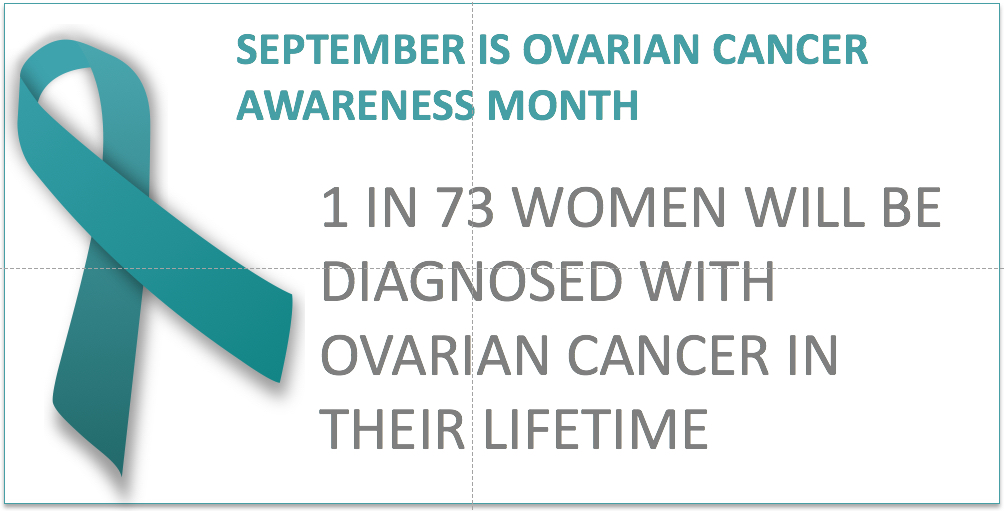
Sponsored by: MyOCJourney
Receiving an ovarian cancer diagnosis impacts all areas of your life. The physical and emotional effects can be substantial and overwhelming, which is why it’s important to establish a strong network to provide comfort and support throughout your ovarian cancer journey. Sharing your feelings and emotions with a trusted network of family, friends, or others going through a similar journey is not only comforting and cathartic, it can be liberating as well. Also, knowing that your medical team is always available to answer any questions or address any concerns can provide additional peace of mind.
Types of Support Networks
Many patients dealing with cancer can benefit from having some type of support. It can be very helpful to have people you can turn to for strength and comfort, by offering words of encouragement and lending an ear when you feel sad, angry or frustrated. They can also help manage day-to-day tasks, assist you through treatment and managing possible side effects. This type of support can come in many forms, including:
• Family and friends
• Cancer support groups
• Church or spiritual groups
• Online support communities
• One-on-one counselors
In addition, your medical team should also be part of your support group. It can be helpful to have someone to call 24/7 if you should experience unusual or unexpected issues.
Many patients also find value in having a trusted person accompany them to their medical appointments. A companion can act as another pair of ears and eyes, take notes of important things that you may forget during your appointment, or simply be a source of comfort and support. Your friend or companion may also think of questions for your medical team or raise concerns that you might not think to ask.
Deciding on a Support Network
While there is great value in all of the examples listed above, only you can determine what the best level of support is for you.
Some patients find comfort in peer-support or education groups, while others would rather talk in an informal setting, such as church, or feel more at ease talking one-on-one with a trusted friend or counselor. Whatever your source of strength or comfort, it is important that you find a place to go with your concerns.
A Comprehensive Approach to Treatment
Once you decide on the type of support system that’s right for you, you might consider taking a team approach to treating ovarian cancer. The “treatment team” has become a new standard of cancer treatment around the country and may consist of your personal physician, specialty doctors and nurses, a nutritionist, mental health professionals, and a patient navigator.
In addition to the team approach, medical practitioners are increasingly recognizing that treatment of the “whole” person can offer benefits. For example, meditation is one of several relaxation methods evaluated and found to be of possible benefit by an independent panel convened by the National Institutes of Health (NIH). The panel found that it might be a useful complementary therapy for treating chronic pain and sleeping problems, such as insomnia. While available scientific evidence does not suggest that meditation is effective in treating cancer or any other disease, it may help to improve the quality of life for people with cancer. Other examples may include working with a dietician to fuel your body with good nutrition and help you stay active. Some women may also practice meditation, yoga, or tai-chi to improve their quality of life and help prepare them for the next steps on their journey.
Conclusion
The people you select to be a part of your support network can empower and inspire you through this difficult journey. They can be your rock, your comfort and offer you a newfound sense of encouragement.
Sources:
Meditation. American Cancer Society. Accessed 7 November 2014 at www.cancer.org/treatment/treatmentsandsideeffects/complementaryandalternativemedicine/mind bodyandspirit/meditation
Can ovarian cancer affect your emotional health? American Cancer Society. Accessed 17 October 2014 at www.cancer.org/cancer/ovariancancer/detailedguide/ovarian-cancer-after- emotional-health
Reviewed October 20, 2014
by Michele Blacksberg RN
Edited by Jody Smith



